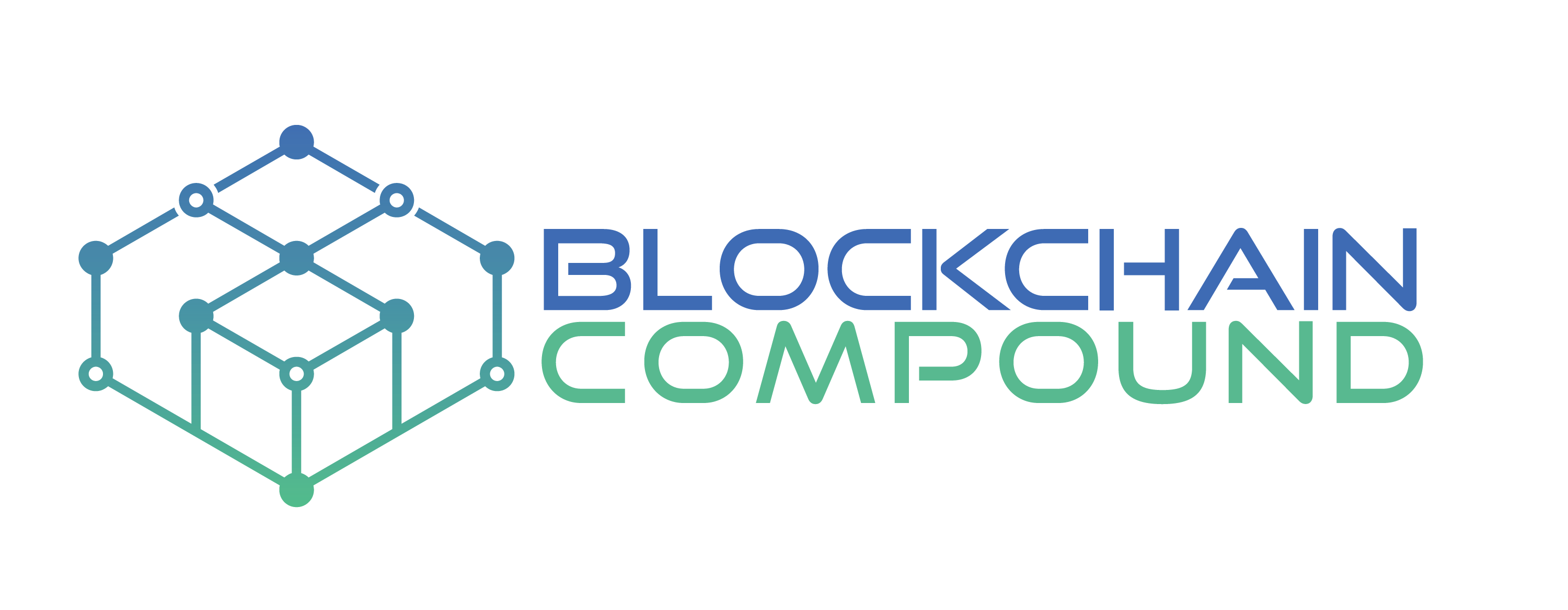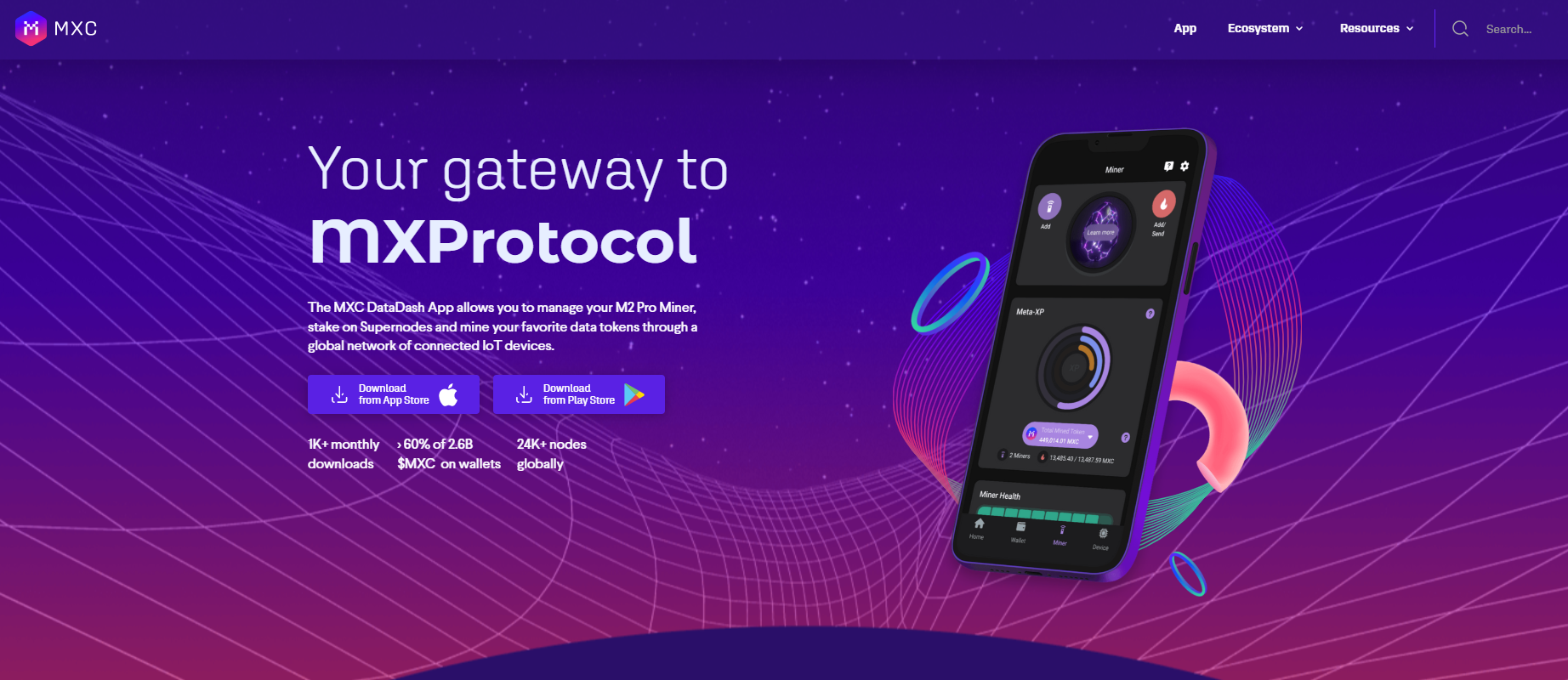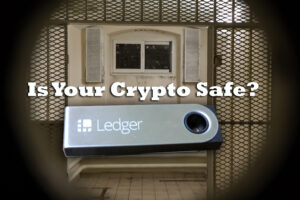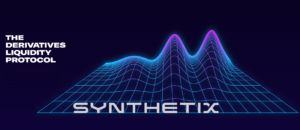MXC is a blockchain protocol (stands for Machine Xchange Coin) that aims to create a global data market using LPWAN (low-power, wide-area network) technology, which is a type of wireless network that allows for long-range communication between devices using minimal power. The MXC protocol was developed by the MXC Foundation, which is based in Berlin, Germany.
The MXC protocol is designed to facilitate the secure and transparent exchange of data between devices and organizations, and to enable the creation of new data-based services and applications. The protocol uses a two-token system, with the MXC token serving as the main utility token and the MXC Data token representing data ownership and access rights.
The MXC protocol aims to solve some of the major challenges facing the data industry, such as data silos, lack of data interoperability, and data privacy and security concerns. By enabling devices and organizations to securely and transparently exchange data using LPWAN technology and a decentralized blockchain network, the MXC protocol aims to create a more efficient, fair, and accessible data market.
MXC has also partnered with various companies and organizations to promote the adoption of its protocol, including IoT device manufacturers, LPWAN network providers, and academic institutions.
There are thousands of crypto tokens created. Some are scams, some are meme coins, and some have great potential. Lets take a look at the MXC Crypto Token. This is the main utility token for the protocol.
Use case for MXC
The Machine Xchange Coin (MXC) is designed to facilitate data exchange and support the Internet of Things (IoT) ecosystem. It aims to create a decentralized data marketplace where individuals and organizations can securely buy and sell data using MXC Data Tokens.
Here are four key use cases of the MXC protocol:
Monetization of data: The MXC protocol enables individuals and organizations to monetize their data by selling it on the MXC data marketplace. This allows data providers to earn revenue from their data and opens up new revenue streams for businesses and organizations.
IoT device management: The MXC protocol also supports the management of IoT devices by providing a decentralized network infrastructure that allows IoT devices to connect and communicate securely. This enables real-time tracking and monitoring of IoT devices, as well as the ability to control device settings and permissions.
Access to real-time data: By providing a decentralized data marketplace and network infrastructure, the MXC protocol enables real-time access to data from a wide range of sources. This allows businesses and organizations to access the data they need to make informed decisions and create new data-based services and applications.
Decentralized finance (DeFi) ecosystem: The MXC protocol includes a DeFi ecosystem that provides liquidity pools, staking services, and other financial products and services. This allows users to earn additional rewards for contributing to the MXC network and provides new opportunities for investment and income generation.
The MXC Token
The MXC token is the main utility token of the MXC protocol. It is an ERC-20 token that is used for various functions within the MXC network, including:
- Paying transaction fees: Users need to pay a small amount of MXC tokens as a transaction fee for sending and receiving data on the MXC network.
- Rewarding network participants: Network participants such as IoT device owners, data providers, and LPWAN operators can earn MXC tokens as rewards for contributing data and services to the network.
- Accessing premium data services: Some data services on the MXC network may require payment in MXC tokens for access.
- Staking for network governance: MXC token holders can participate in network governance by staking their tokens to vote on protocol upgrades and other decisions.
In addition to the MXC token, the MXC protocol also uses a second token called the MXC Data token. This token represents data ownership and access rights and is used to facilitate data transactions on the MXC network. MXC Data tokens are earned by data providers and can be used to access and trade data on the MXC network.
Can MXC be traded?
Yes, MXC can be traded on a number of cryptocurrency exchanges. As of my knowledge cutoff date of September 2021, MXC was listed on several major exchanges, including Binance, Huobi Global, OKEx, and Gate.io. MXC can be traded against other cryptocurrencies, such as Bitcoin (BTC) and Ethereum (ETH), as well as against fiat currencies, such as the US dollar (USD) and the Euro (EUR), depending on the exchange.
The price of MXC, like other cryptocurrencies, can be subject to volatility and can fluctuate rapidly based on a variety of factors, including market demand, adoption, and overall sentiment towards the cryptocurrency industry. It’s worth noting that cryptocurrency trading can be high-risk and speculative, and investors should exercise caution and do their own research before investing in any cryptocurrency, including MXC.
At the time that this post was written the MXC price was $0.02 USD which is still -78.69% down from it’s all time high of $0.13 USD but up 2465% from it’s all time low price of $0.001109
MXC App
The MXC App is a mobile application that allows users to interact with the MXC protocol and access its various features and services. The app is available for both iOS and Android devices and can be downloaded for free from the respective app stores.
Some of the key features of the MXC App include:
- Data trading: The app allows users to buy and sell data on the MXC network using MXC Data tokens. This enables individuals and organizations to monetize their data and create new data-based services and applications.
- IoT device management: The app supports the management of IoT devices that are connected to the MXC network. This allows users to view device status, location, and data usage, as well as control device settings and permissions.
- MXC token management: The app enables users to manage their MXC token holdings, including sending and receiving tokens, viewing transaction history, and accessing token balances.
- Rewards program: The app includes a rewards program that incentivizes users to participate in the MXC network by earning MXC tokens for contributing data or services.
- Decentralized finance (DeFi) features: The app provides access to MXC’s DeFi ecosystem, including liquidity pools and staking services, allowing users to earn additional rewards for contributing to the MXC network.
Overall, the MXC App is designed to provide a user-friendly and accessible way for individuals and organizations to participate in the MXC network and access its various services and features.
The official website for this protocol is : www.mxc.org
The Video below highlights the MXC roadmap for 2023




